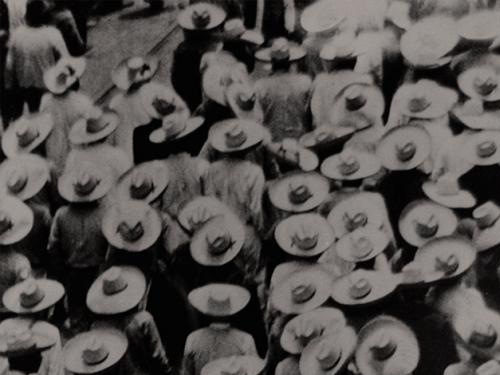
Als Courtisane een ruimte is om te reizen of te verdwalen, dan waren dat de laatste editie op het scherm opvallend vaak erg barre, onherbergzame landschappen die doorkruist, verkend of bevolkt werden. Alsof het hertekenen van de paden voor de voorgestelde cartografie en het zoeken van onze plaats en de plaats van cinema de kern- en overgangseditie, die 2013 was, weerspiegelde. Gestript van competitie, met een nieuwe titel en een nieuwe festivalcoördinator (of beter: teruggekeerde mede-grondlegger) was het back to basics. Cousins indachtig, “film festivals should be naked in front of the innovative, divine, political, honest facts of life.”